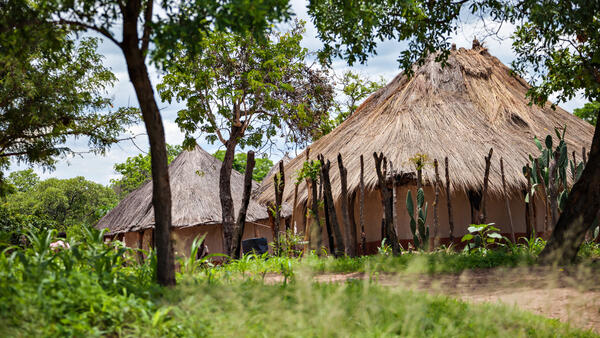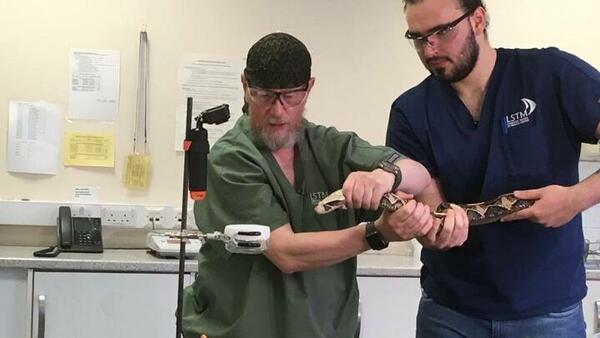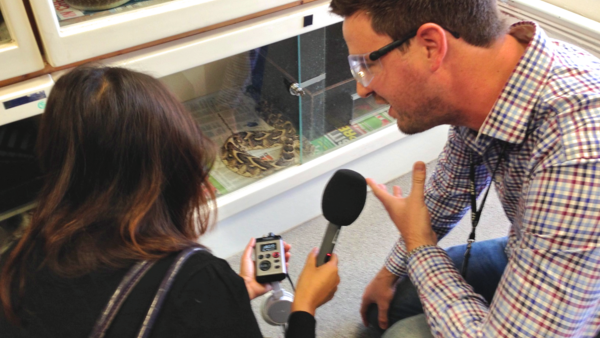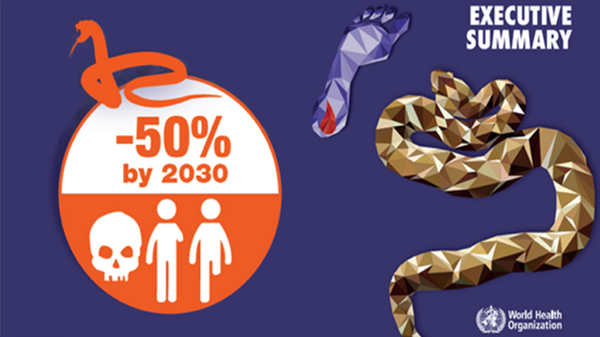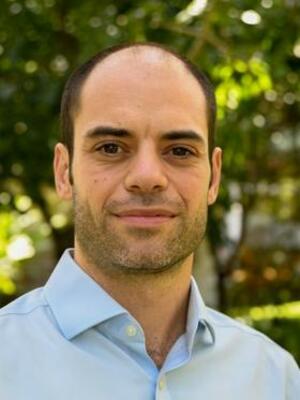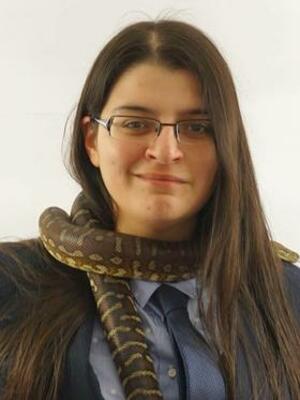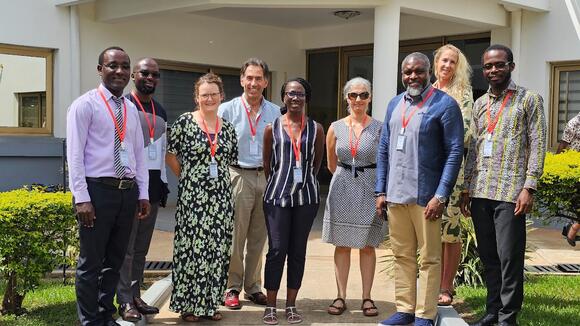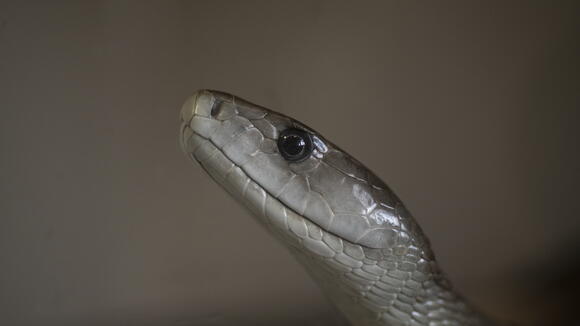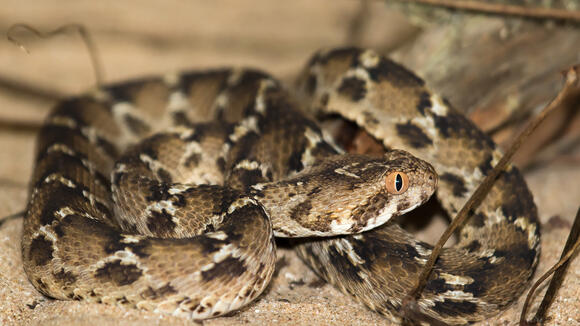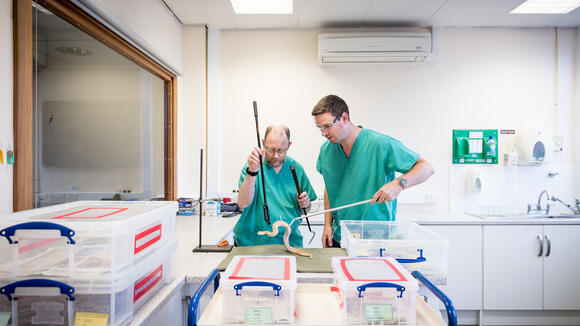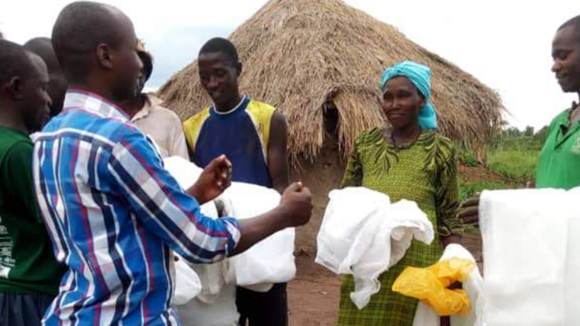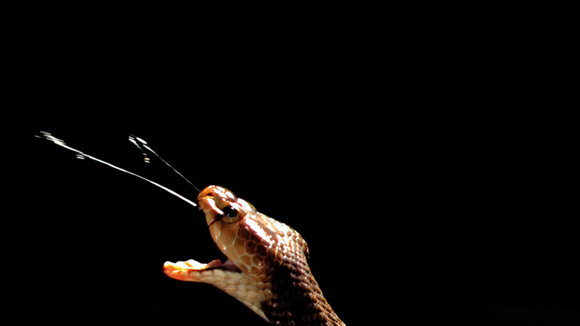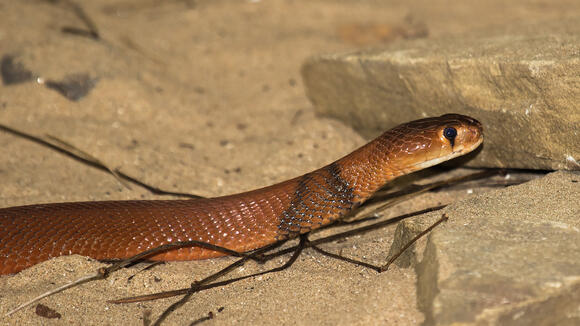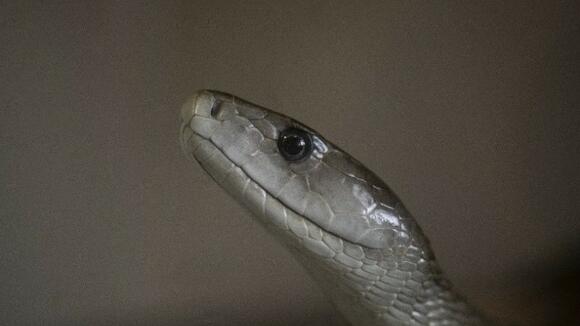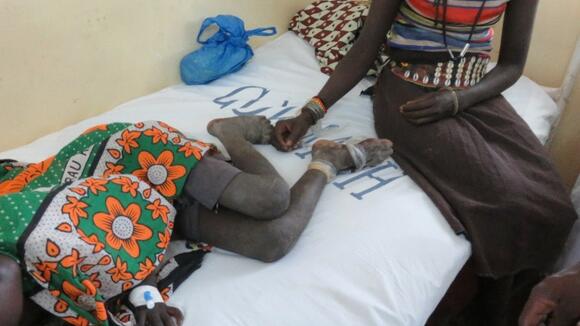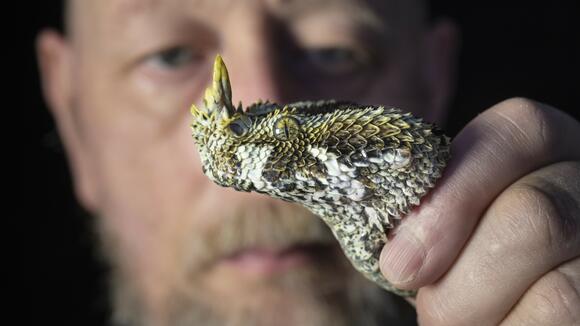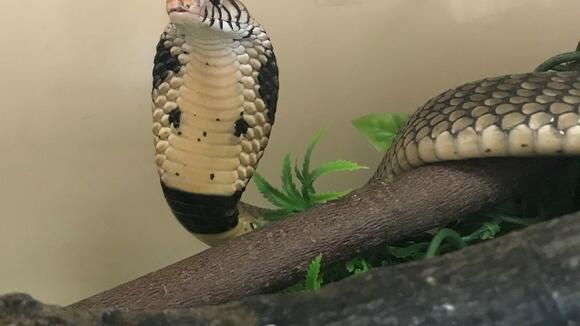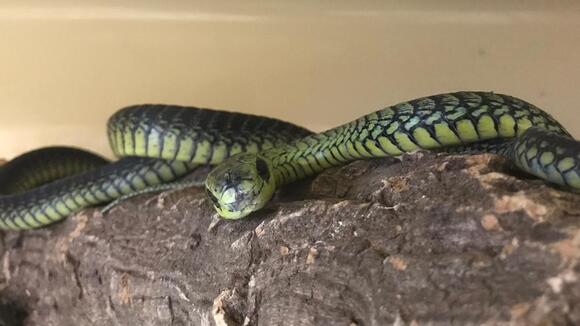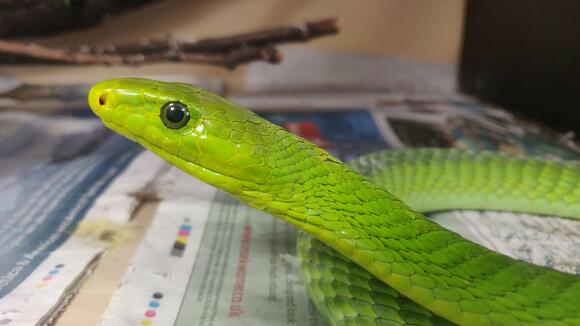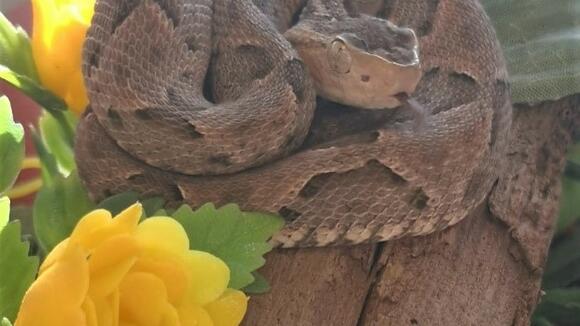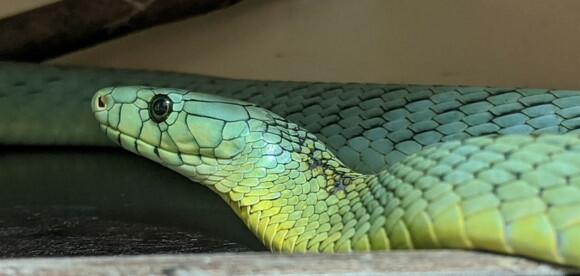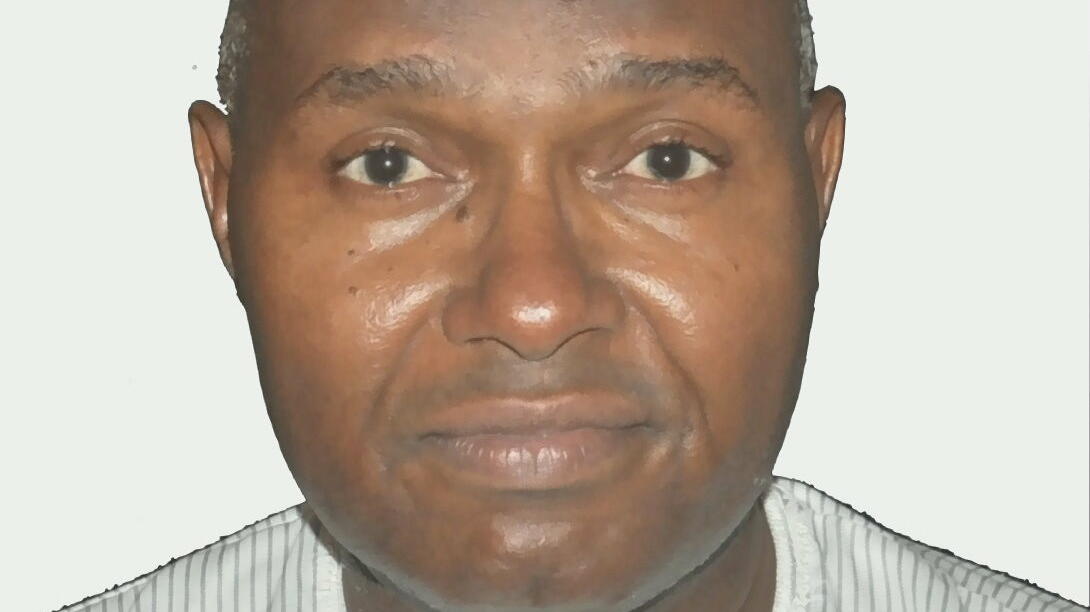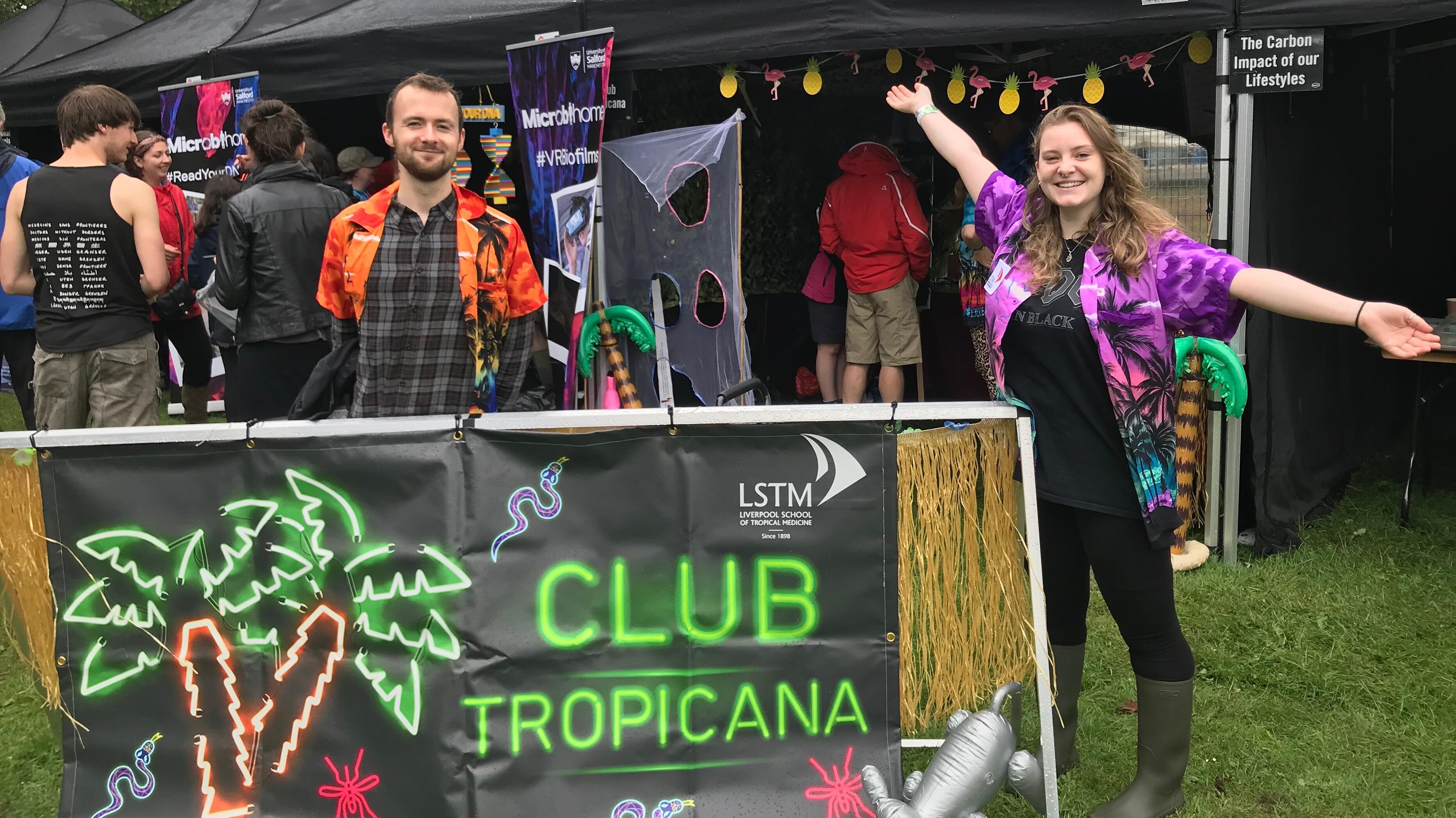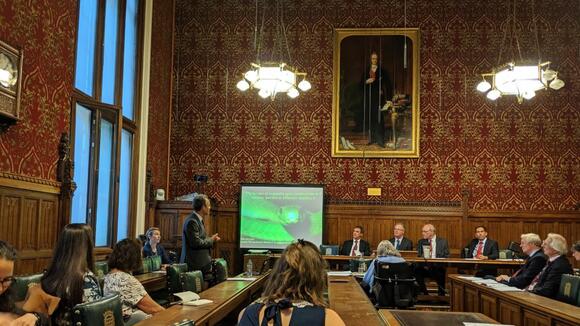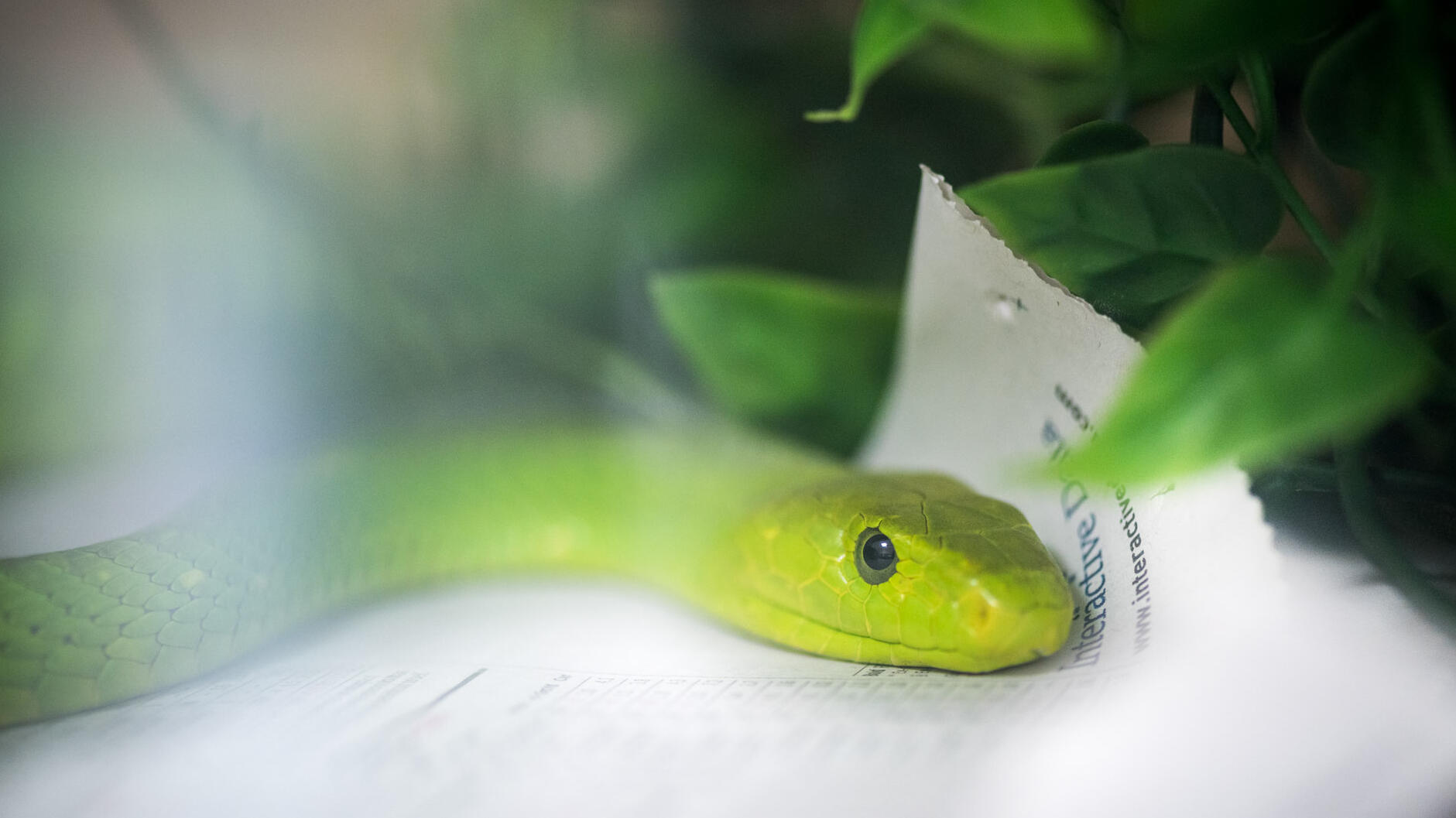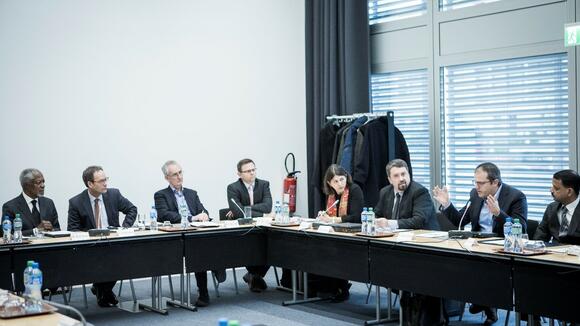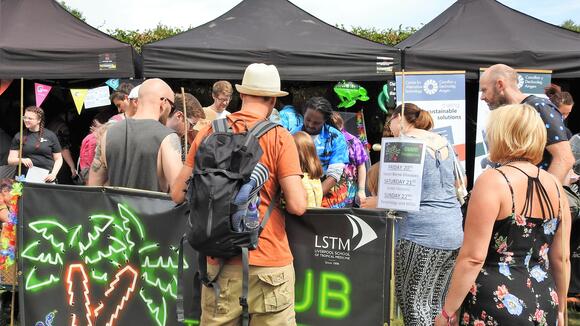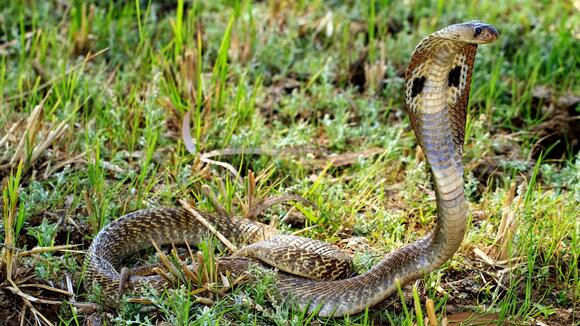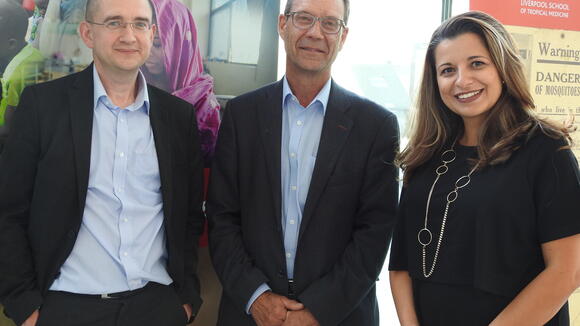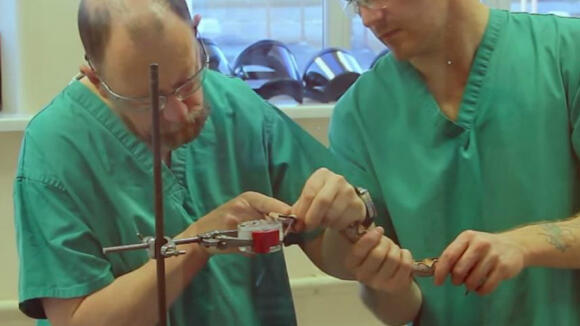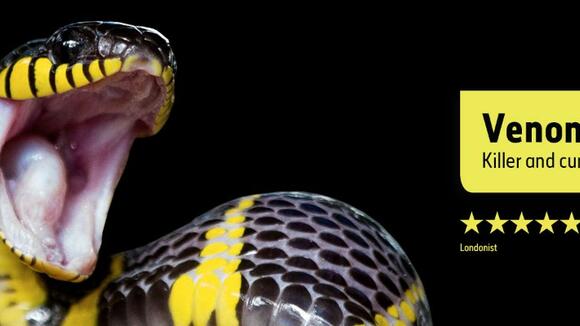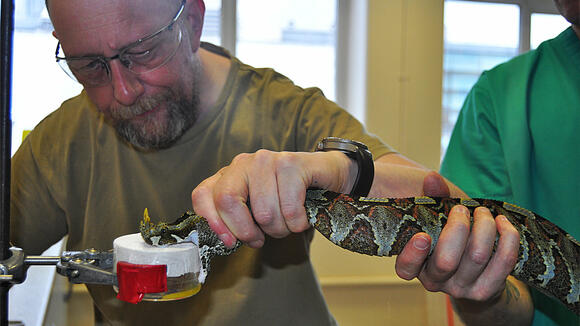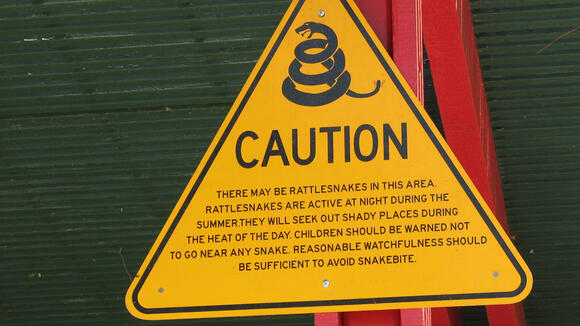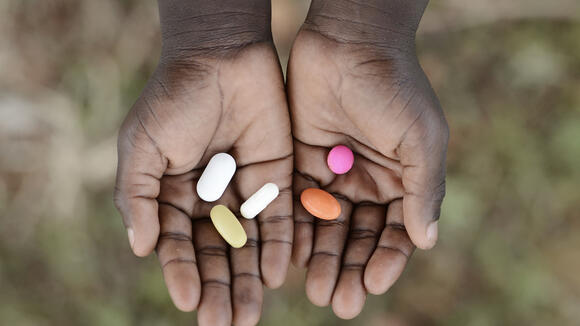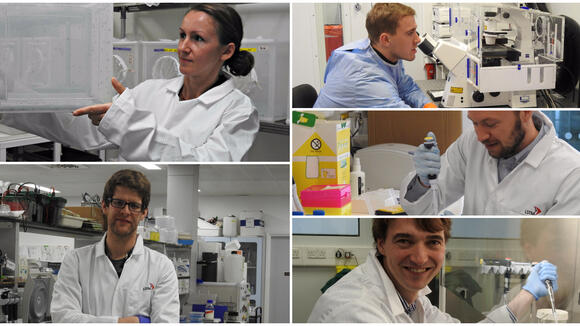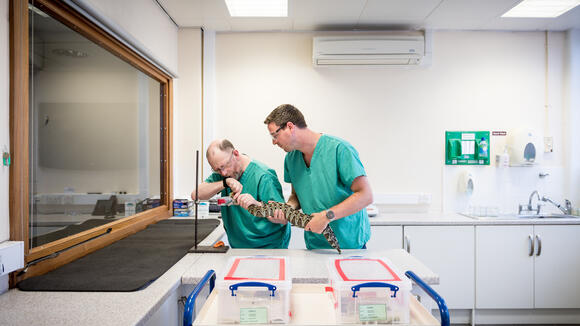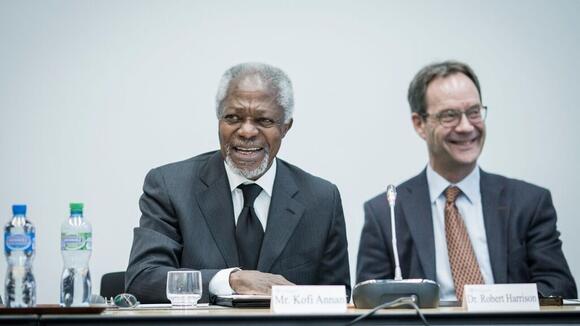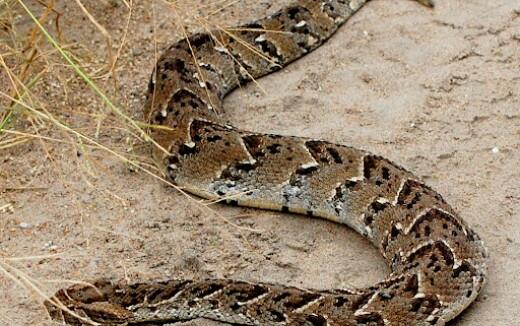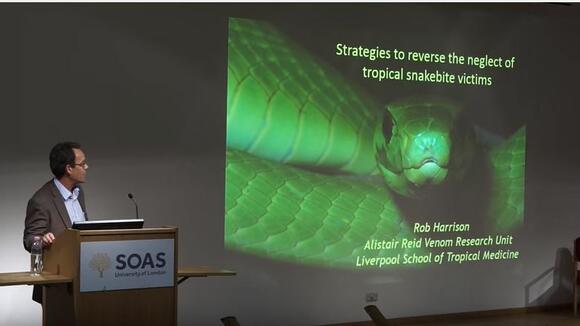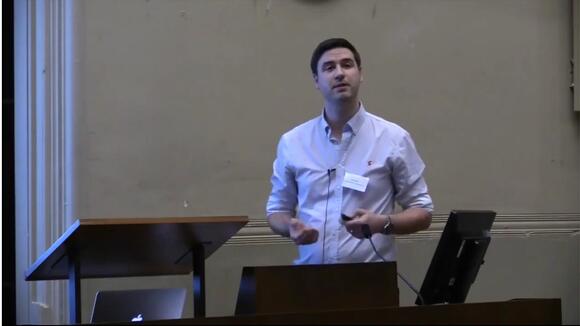
The Centre for Snakebite Research & Interventions
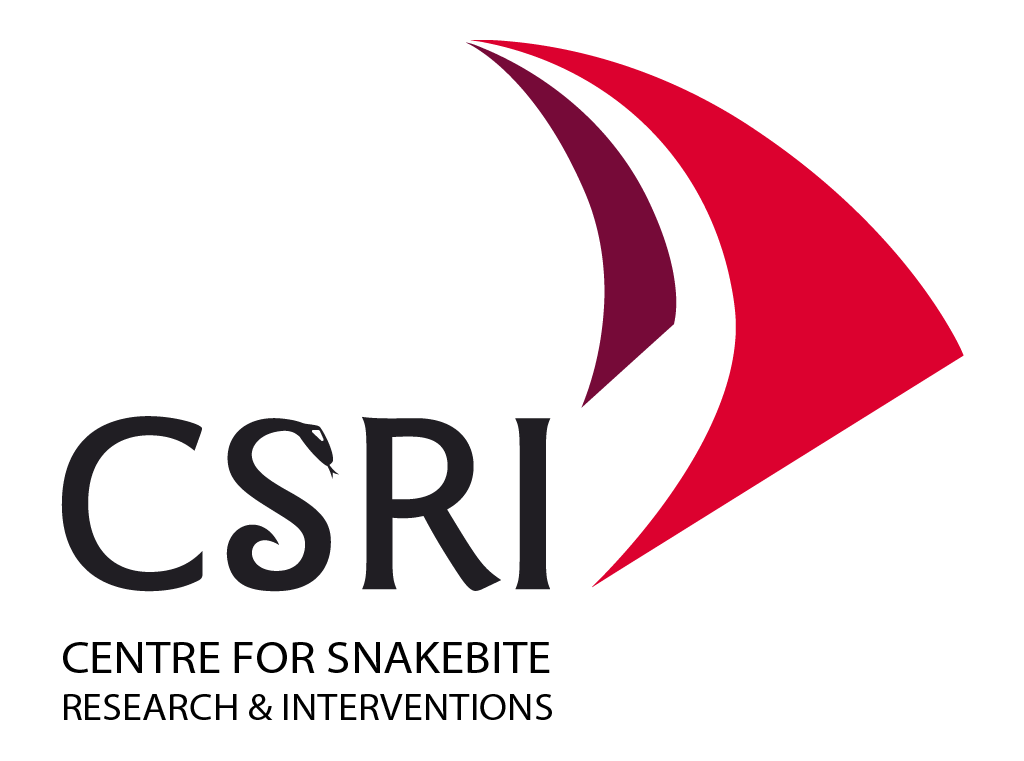
Snakebite is a neglected tropical disease (NTD) that kills 81,000-138,000 every year and leaves 400,000 surviving victims with permanent physical disabilities or disfigurements. The majority of victims reside in some of the world's most disadvantaged subsistence farming communities of the tropics.
It is rural, impoverished African and Asian communities, and particularly 10-to-30-year-olds - the most economically important and educationally vulnerable members of the community -that suffer disproportionally high rates of snakebite mortality and morbidity. Snakebite is, therefore, both a consequence and cause of tropical poverty.
What is the CSRI?
Throughout its 50-year history, the CSRI has conducted a diverse portfolio of research activities to better understand the biology of snake venoms and improve the efficacy, safety, and affordability of antivenom treatment for tropical snakebite victims.
Led by Director Professor Nicholas Casewell, the research centre boasts some of the world's leading snakebite experts and has access to LSTM’s herpetarium, the largest and most diverse collection of tropical venomous snakes in the UK, used to support its research activities.
The centre's work powerfully illustrates how UK research benefits human health in the tropics. CSRI members enthusiastically deliver this message to fulfil frequent media requests and as part of regular public engagement activities.
The combination of the centre's venomous snake collection and its extensive research activity makes LSTM one of the best institutions in the world for studying venom biology.
The Herpetarium
The herpetarium is a unique, UK Home Office accredited and inspected experimental animal facility that is a critical resource for the centre's activities.
The herpetologists Paul Rowley and Edouard Crittenden provide specialist care for over 150 venomous snakes from 50 species, the largest and most diverse collection in the UK.
Paul and Edd regularly, and carefully, extract venom from the snakes for use in antivenom production and therapeutic and basic science research.
The collection has a special emphasis on the African continent, and houses various snakes including haemotoxic vipers such as saw-scaled vipers (Echis spp.), puff adders (Bitis arietans) and gaboon vipers (Bitis gabonica), neurotoxic elapids such as the black and green mambas (Dendroaspis spp.), as well as several spitting and non-spitting cobras (Naja spp.).
Education
Education is one of the centre's main activities at LSTM and overseas. Over the past four years, the herpetarium has welcomed 3,000 visitors, including visiting dignitaries, members of the Armed Forces, politicians, school and college pupils, and undergraduate and postgraduate university students.
These tours have aimed to increase community awareness and educate politicians, researchers and medical personnel on the impact of snakebite and the importance of finding better treatments.
The CSRI has also developed community snakebite education delivered in the African and Asian communities at local village meetings by nurses and community health volunteers. The education includes vital information on snakebite prevention, first aid measures, and the need to seek urgent medical attention.
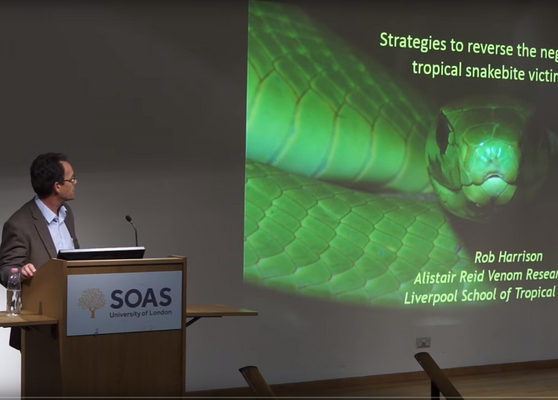
Advocacy and impact
The CSRI and its associated partners actively participate in global policymaking and advocacy for snakebite, playing a pivotal role in getting the World Health Organization (WHO) to recognise snakebite envenoming as a neglected tropical disease.
Most recently LSTM became a founding member of the African Snakebite Alliance (ASA) which will strengthen the international scientific community by linking up with policymakers and community groups in Africa, aiming to improve health outcomes for people affected by snakebite envenoming and address evidence gaps in policy and practice.
To increase awareness of snakebite, the centre and its herpetarium regularly work with television networks in the UK and globally, such as the BBC, BBC radio, ITV news, TedxTalks, and various newspapers and media outlets.
To keep up with the work of CSRI, follow us on X (Twitter) or LinkedIn.
The CSRI team
News and events from CSRI
CSRI Blog
CSRI Funders
|
|
 |
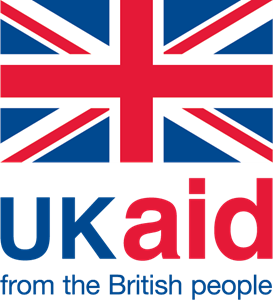 |
 |
 |

